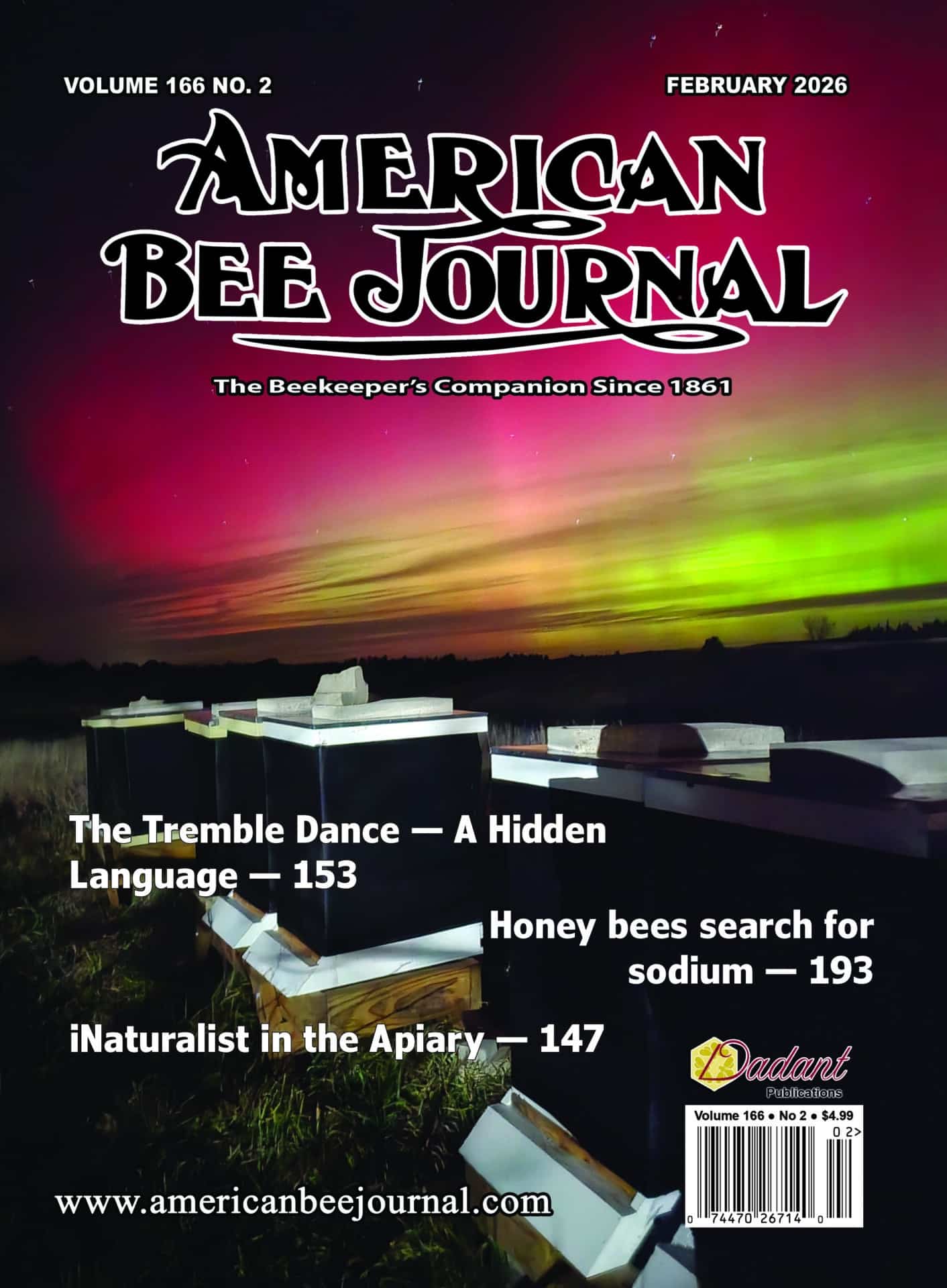National Corn Growers Association, U.S. Canola Association partner with Coalition to develop best practices growers can use to reduce risk to honey bees, other pollinators
Two Honey Bee Health Coalition member organizations — the National Corn Growers Association and the U.S. Canola Association — recently unveiled best management practices for growers to help protect bees in and around corn and canola fields.
At roughly 80 million acres, field corn covers more land than any other crop in the country, and in the Midwest Corn Belt it often makes up 40 percent of the landscape or more. The corn best management practices (BMPs), facilitated by the Coalition, identify potential impacts of agricultural practices on bees at each stage of production and recommend ways to mitigate those impacts, such as specific strategies for reducing dust and drift while planting pesticide-treated seed.
“While corn does not rely on honey bees for pollination, bees depend on neighboring plants for forage,” said Nathan Fields, National Corn Growers Association vice president of market development. “As good stewards of the land, corn growers can follow these BMPs to help protect honey bee health, ensuring productive agricultural systems for all.”
Canola is another important crop for pollinator protection because canola flowers are very attractive to bees. And for growers, the stewardship recommendations in the Coalition-facilitated canola BMPs are even more of a win-win.
“Canola is an excellent source of nutrition for bees, which are essential for hybrid canola production,” said Rob Rynning, U.S. Canola Association president. “These beneficial pollinators also increase seed germination and encourage higher canola yields with better ripening.”
Corn growers who rotate with soybeans could also see added benefits from their pollinator stewardship because bees can increase soybean yields by up to 18 percent, according to a 2005 study.
Both the corn and canola guides feature season-long BMPs for growers and beekeepers and a summary of key practices. These include:
- communicating about hive locations, crop management practices, and any related concerns and coordinating with beekeepers
- checking extension recommendations, considering multiple strategies for pest control, and verifying in-field needs before applying pesticides
- planting and preserving flowering plants in non-crop areas
“Many growers don’t realize that how they spray, and what time of day especially, can hurt bees,” said Chris Hiatt, vice president of the American Honey Producers Association and a member of the Coalition’s Steering Committee. “These BMPs will promote better communication between beekeepers and growers, reduce pesticide exposure, and improve bee health in the spring and summer, a crucial time for beekeepers recovering from significant winter colony losses.”
Each set of best practices, available online for free download, was developed by an expert team of agronomists, entomologists, beekeepers, and extension and regulatory agents and reviewed by growers, crop consultants, agribusiness representatives, retail suppliers, conservation NGOs, and other stakeholders.
Both crop associations announced the new BMPs at the 2019 Commodity Classic tradeshow in Orlando, Florida, on Friday, March 1. This made corn and canola the latest crops to develop BMPs for pollinator protection with the help of the Coalition. The United Soybean Board released its soybean BMPs in 2018, and the Coalition is now pursuing opportunities with other crop and landscape associations.
About the Honey Bee Health Coalition
The Honey Bee Health Coalition brings together beekeepers, growers, researchers, government agencies, agribusinesses, conservation groups, manufacturers, brands and other key partners to improve the health of honey bees and other pollinators. Its mission is to collaboratively implement solutions that help achieve a healthy population of honey bees while also supporting populations of native and managed pollinators in the context of productive agricultural systems and thriving ecosystems. The Coalition focuses on accelerating the collective impact of efforts in four key areas: forage and nutrition; hive management; crop pest management; and communications, outreach and education.
The Honey Bee Health Coalition is a project of the Keystone Policy Center, a nationally recognized nonprofit that brings together diverse stakeholders to find collaborative, actionable solutions to public policy challenges.


